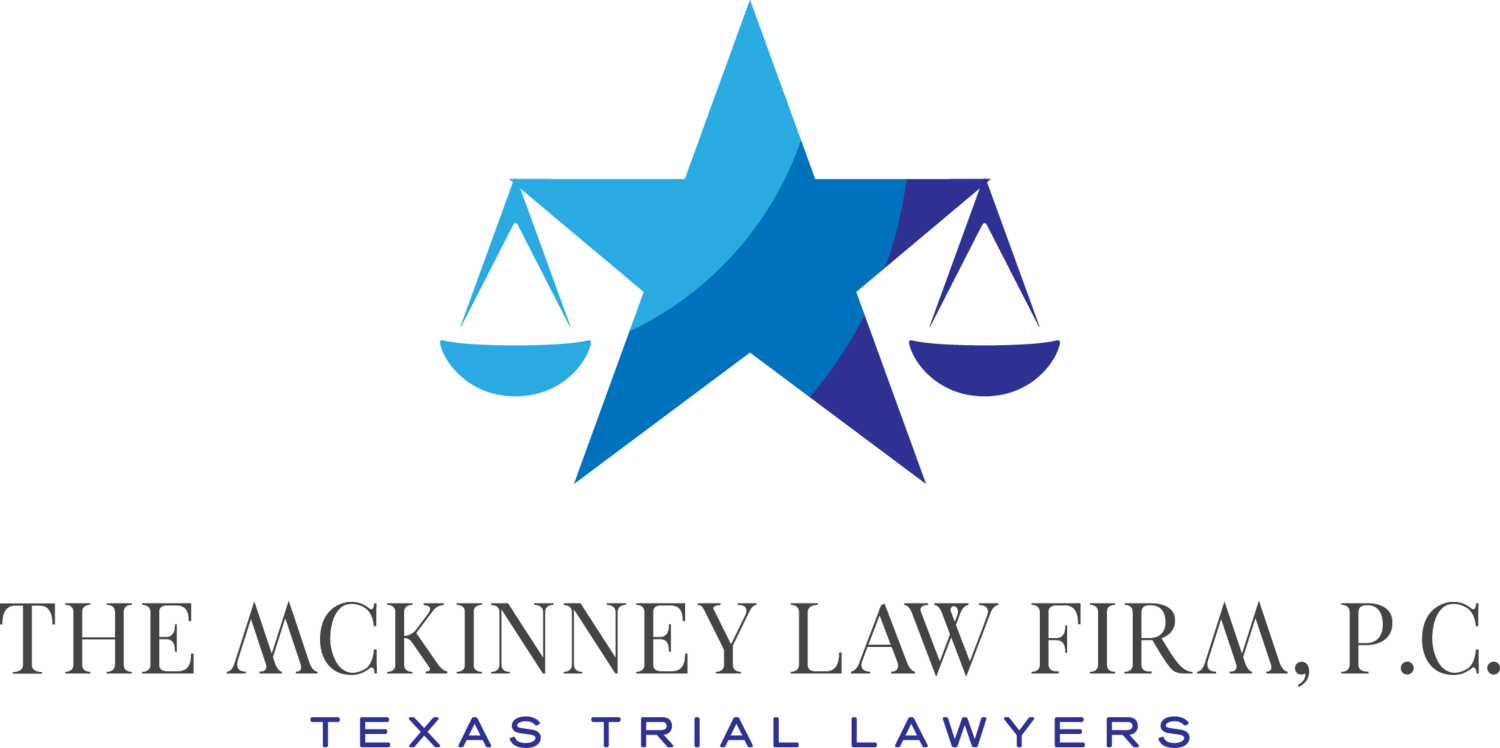Docking Pay From Salaried, Exempt Employees Is Illegal...And Very Common
/The Fair Labor Standards Act (FLSA) is the federal law the controls the terms under which employees must be paid overtime. All employees fall into one of two categories "Exempt" or "Non-Exempt". If an employee is non-exempt, when they reach more than 40 hours in a given work week, they have to be paid at time and a half for any additional hours. If they are non-exempt), they aren't eligible for overtime. Most people think of non-exempt employees as "hourly" and exempt employees as "salaried".
Pro-Tip: Just because your employer pays you as salaried does not necessarily mean that you should be considered exempt and not entitled to overtime. Exempt employees are typically involved in management or high-level administration of the business. There are other exceptions as well but a good rule of thumb is this: if you are more like a rank and file line worker or clerical worker, you should probably be getting overtime. If you aren't you need to find a good employment lawyer.
As a general rule exempt employees are paid a salary and don't have to be paid overtime no matter how many hours they work. But there are other rules that come that exempt status. One important one that employers often ignore is the rule against docking pay.
Exempt employees who are late or who need to leave work early - for doctor's appointment, child care, whatever - cannot have their pay docked for missing a couple of hours of work. If an exempt, salaried employee shows up for work, even if it's just for 15 minutes, he or she must be paid for the entire day. That's the rule.
The employer can discipline, fire, or demote the employee. But it cannot dock the employee's pay. Importantly, the employer is allowed to dock vacation time and force the employee to use that to cover the hours missed. But the employees pay may never be docked.
So what happens if the employer breaks this rule and docks pay? Well then the employer has just lost the FLSA "exemption" as to that employee. This means the employee is owed overtime for all hours over 4o worked in the last two years plus all overtime worked in the future. This can add up to a substantial amount.
So, long story short is this: If you are paid by salary and your employer docks your pay for being late or missing a few hours of work here or there, you should contact an employment lawyer right away. Your employer is taking advantage of you and breaking the law. You may be owed a substantial amount of overtime pay.
























